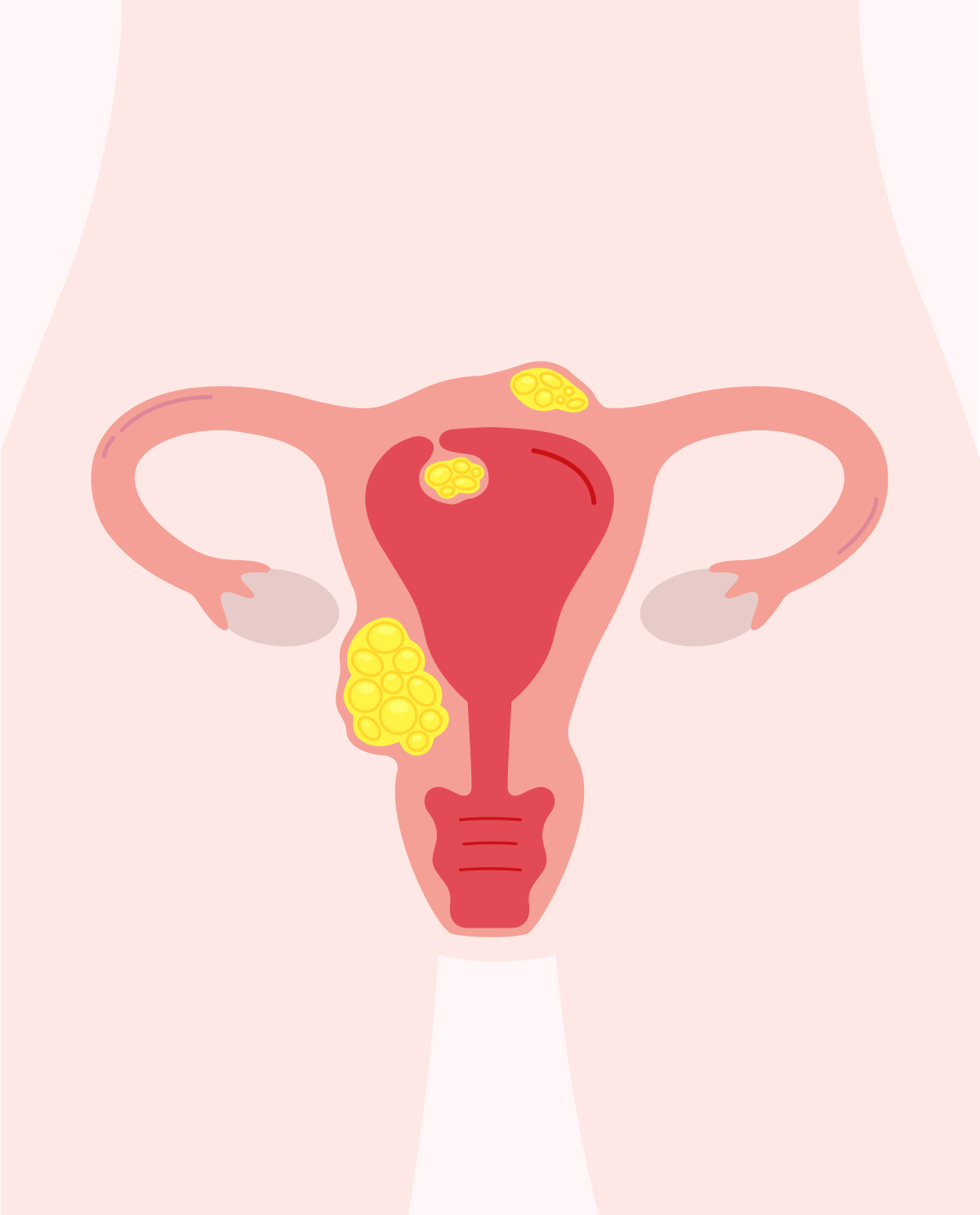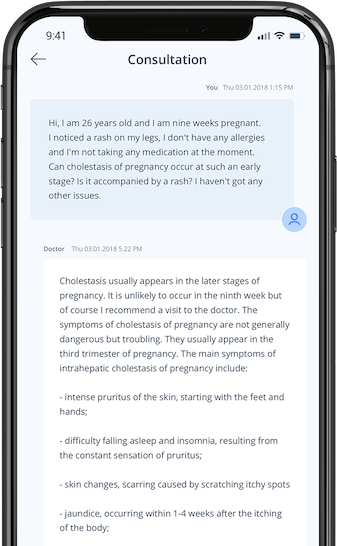Causes of uterine fibroids
It is believed that fibroid development originates from the division of stem cells within the uterine muscle (myometrium) forming a tumor with a rubbery texture. As with many other diseases, the cause is unknown but multiple factors have been associated with their development:
- Genetic alterations have been observed in fibroids when compared to normal uterine DNA.
- Hormones, mainly female hormones that stimulate uterine lining development during menstruation have been shown to affect the size and growth of fibroids. Consequently, it has been shown that fibroids tend to shrink in menopausal women.
Risk factors of fibroid development
- Heredity: women have an increased risk of developing fibroids when a direct relative (sister or mother) has them.
- Race: although fibroids can develop in any woman of childbearing age, black women are at a higher risk.
- Other risk factors include early menarche, dietary habits (high red meat consumption and low leafy green consumption), low vitamin D, and alcohol consumption.
Symptoms associated with fibroids
As described earlier, many fibroid findings are incidental in nature thus many women do not experience any symptoms. But in women presenting with symptoms, the most commonly occurring are the following:
- lower back pain,
- pelvic pain,
- heavy and prolonged menses,
- spotting between periods,
- bowel movement straining and/or constipation,
- frequent urination and incomplete bladder emptying.
Complications associated with fibroids
- anemia,
- debilitating cramps that don’t seem to pass,
- fibroids usually do not interfere with pregnancy however, it has been documented that they can increase the risks of fetal growth restrictions, placental abruption, preterm deliveries, or infertility.
Diagnosis of fibroids
- Pelvic exam: your primary healthcare physician will feel for shape irregularities in the uterus.
- Blood work: your primary healthcare physician might request a complete blood count to check for signs of anemia if you have had long and heavy menses. Other tests that could be ordered would be to check for thyroid function and any type of bleeding disorders.
- Ultrasonography: the device will usually be placed intravaginally or over your abdomen to detect and measure your uterine leiomyoma.
- If the doctor requires more information to help determine the best possible treatment option, they could order other imaging studies such as MRI, hysterosalpingography, hysteroscopy, etc.
Treatment options for fibroids
- For most women who do not experience any symptoms, watchful waiting is recommended.
- Medication used targets hormones that modulate the menstrual cycle. These include intrauterine devices (IUDs), oral contraceptives, and gonadotropin-releasing hormone agonists (GnRH). Other medications such as nonsteroidal anti-inflammatory drugs (NSAIDs) are used for pain relief and tranexamic acid (TXA) is used to control the bleeding during heavy menses.
- Another option is what we call a myomectomy (surgical removal of fibroids) in women who have severe symptoms that do not respond to medication. It should be noted that there is a possibility of re-growth.








